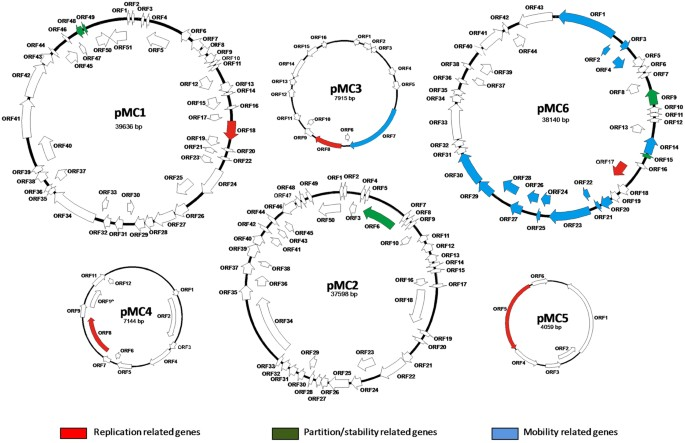'Codon' Compiles Python to Native Machine Code That's Even Faster Than C
- gerben voshol

- Mar 19, 2023
- 3 min read

As a Python developer, you might have heard of Codon, a new tool that promises to increase the speed of your Python code. Codon is a compiler that converts Python code into a native executable. This process can result in a significant improvement in the performance of your code, especially for computationally intensive tasks.
In this blog post, we'll take a closer look at Codon and how it can help you speed up your Python code.
What is Codon?
Codon is a new programming language and compiler that enables developers to create high-performance domain-specific languages (DSLs) using an optimized Pythonic base. Traditionally, high-performance DSLs were embedded within low-level languages like C or C++, which limited their adoption due to the need to learn a new language and ecosystem. However, the widespread availability of high-performance domain-specific libraries in dynamic languages like Python and Ruby has captured a large share of potential DSL users.
Codon provides a solution to this problem by building a flexible development framework on top of an optimized Pythonic base that compiles to native machine code with low runtime overhead. This approach enables DSLs to rival C/C++ in performance while benefiting from advantages specific to embedded DSLs. Codon leverages ahead-of-time compilation, specialized bidirectional type checking, and a novel bidirectional intermediate representation (IR) to enable optional domain-specific extensions in the language's syntax and compiler optimizations.
The key advantage of Codon is that it allows programmers to write high-performance code in an intuitive, high-level, and familiar manner using Python 3's syntax and semantics. While Codon intentionally omits some dynamic features like dynamic type manipulation and runtime reflection, it still allows for substantial code reuse from existing Python programs. Unlike other performance-oriented Python implementations, Codon is built from the ground up as a standalone system that compiles ahead-of-time to a static executable and is not tied to an existing Python runtime, such as CPython or RPython, for execution.
How to use Codon?
Using Codon is very straightforward. First, you need to install the Codon package using pip:
/bin/bash -c "$(curl -fsSL https://exaloop.io/install.sh)"Once you have installed Codon, you can use it to run your Python code in JIT mode using:
codon run myscript.pyOr compile your Python code into a native executable using the following command:
# generate 'myscript' executable
codon build -o foo myprogram.codonThis will generate a native executable called "myscript" that can be run on any platform without the need for a Python interpreter.
Benefits of using Codon
There are several benefits to using Codon to compile your Python code:
Increased speed: The main benefit of using Codon is that it can significantly increase the speed of your Python code. This is especially true for computationally intensive tasks, where the performance improvement can be substantial.
Cross-platform compatibility: Codon generates native executables that can be run on any platform without the need for a Python interpreter. This makes it much easier to distribute your Python code to users who may not have Python installed on their system.
Protection of your source code: Since the resulting executable is compiled from C code, it is much harder for someone to reverse-engineer your Python code. This can help protect your intellectual property.
Conclusion
Codon is a promising new tool that can help you increase the speed of your Python code. By compiling your Python code into a native executable, Codon can significantly improve the performance of your code, especially for computationally intensive tasks. Additionally, the resulting executable can be run on any platform without the need for a Python interpreter, making it much easier to distribute your Python code. If you're looking to improve the performance of your Python code, you should definitely give Codon a try.


Comments